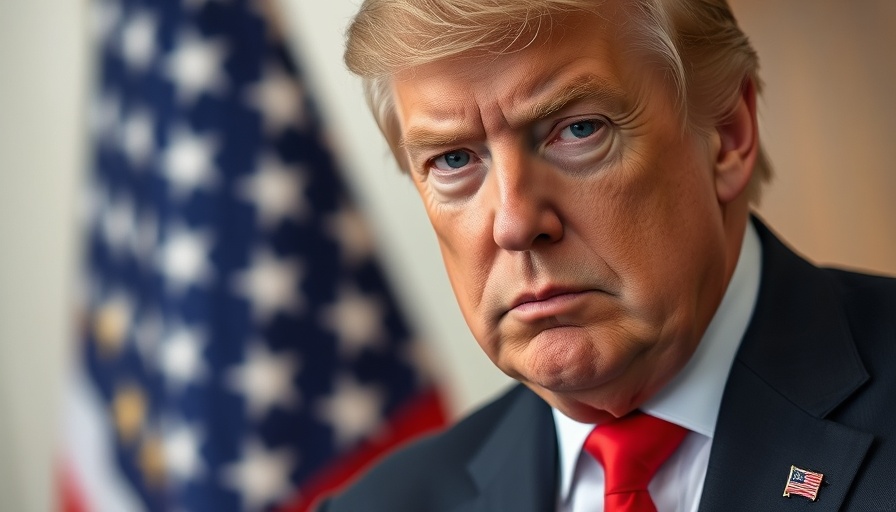
Understanding the Impact of Tariffs on Healthcare Costs
With recent tariffs on imported medical goods from Canada, Mexico, and China, healthcare providers are bracing for significant shifts in both costs and patient care. President Trump’s decision to impose a 25% tariff on imports from Canada and Mexico and a 10% tariff on Chinese goods aims to address undocumented immigration and opioid trafficking concerns but could have unintended consequences for the healthcare sector.
Higher Prices and Lower Availability: The Immediate Effects
The pharmaceutical industry in the U.S. is particularly vulnerable given its reliance on global supply chains. China is a significant source of active pharmaceutical ingredients, while Mexico is known for producing medical devices. According to recent surveys, nearly 90% of healthcare supply chain professionals anticipate major disruptions in procurement processes due to increased costs resulting from tariffs. With impending increases in medication prices, patients may face affordability challenges that disrupt their access to essential healthcare.
Domestic Production: A Double-Edged Sword?
While tariffs could incentivize domestic production of medical supplies, the transition is complex and may not occur quickly enough to offset the negative impacts. Concerns have been raised about the ability of healthcare providers to adapt their supply chains in a timely manner. As Dr. John Wilkerson points out, the introduction of tariffs may lead hospitals to delay crucial equipment upgrades or even reduce their procurement volumes to mitigate financial strain.
Strategic Adaptation in Uncertain Times
Healthcare administrators and providers need to stay informed on the economic landscape and advocate for patients during this challenging period. Collaboration between physicians and practice administrators is essential to navigate these changes. As costs rise, effective communication with patients about potential price increases and alternative treatment options can help mitigate dissatisfaction and ensure continuity of care.
The Patient's Perspective: Emotional Anguish and Financial Strain
For patients, the repercussions of these tariffs go beyond increased healthcare costs. Many may experience stress and anxiety over the unpredictability of their healthcare expenses in the face of escalating pricing. It is vital for concierge medical practices to address these emotional facets by providing transparent pricing models and exploring telehealth options that can help reduce overhead costs while improving service delivery.
Future Trends: What This Means for Concierge Practices
As tariffs continue to impact the healthcare supply chain, concierge medical practices must develop strategies to mitigate the subsequent financial fallout. For example, looking into alternate suppliers or local production options may prove beneficial in minimizing disruption if traditional supply lines are compromised.
Call to Action: Stay Proactive!
Concierge medical practice owners should actively engage with local and national healthcare leaders to seek solutions such as advocating for tariff exemptions on critical medical imports. By forming coalitions that can influence policy changes, practices can protect their interests and those of their patients while ensuring they remain at the forefront of optimal healthcare delivery.
 Add Row
Add Row  Add
Add 






Write A Comment